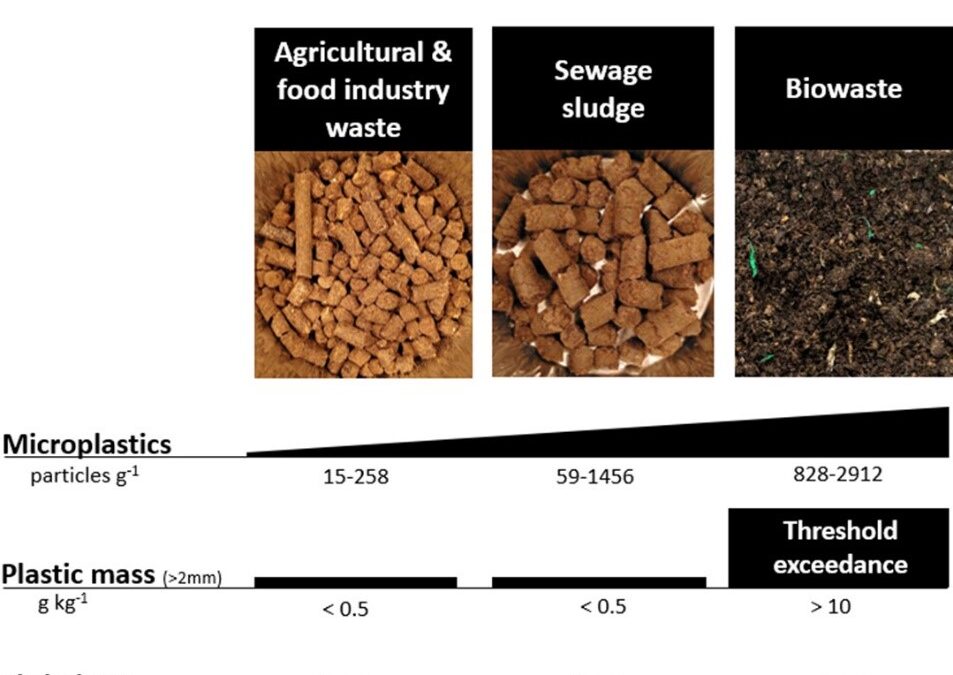Authors: Nicolas Estoppey a, Gabriela Castro b c, Gøril Aasen Slinde a, Caroline Berge Hansen a, Mari Engvig Løseth a, Katinka Muri Krahn d, Viona Demmer a, Jørgen Svenni a e, Teresa-Van-Anh Thi Tran a e, Alexandros G. Asimakopoulos b, Hans Peter H. Arp a b, Gerard Cornelissen a f
a Norwegian Geotechnical Institute (NGI), P.O. Box. 3930, Ullevål Stadion, N-0806 Oslo, Norway
b Norwegian University of Science and Technology (NTNU), 7024 Trondheim, Norway
c Department of Analytical Chemistry, Nutrition and Food Sciences, Institute for Research in Chemical and Biological Analysis (IAQBUS), Universidade de Santiago de Compostela, 15782 Santiago de Compostela, Spain
d Lindum AS, 3036 Drammen, Norway
e Department of Mechanical, Electrical and Chemical Engineering, Faculty of Technology, Art and Design, OsloMet, 0176 Oslo, Norway
f Norwegian University of Life Sciences (NMBU), 1432 Ås, Norway
Bio-based fertilizers (BBFs) produced from organic waste have the potential to reduce societal dependence on limited and energy-intensive mineral fertilizers, thus contributing to a circular economy. However, BBFs can contain plastic fragments and hazardous additives such as phthalate plasticizers, which could constitute a risk for agricultural soils and the environment. The study this scientific publication stems from assessed the exposure associated with plastic and phthalates in BBFs from three types of organic wastes: agricultural and food industry waste (AgriFoodInduWaste), sewage sludge (SewSludge), and biowaste (eg. garden, park, food and kitchen waste). The wastes were associated with various treatments like drying, anaerobic digestion, and vermicomposting.
Follow the link to read the full publication https://doi.org/10.1016/j.scitotenv.2024.170501

